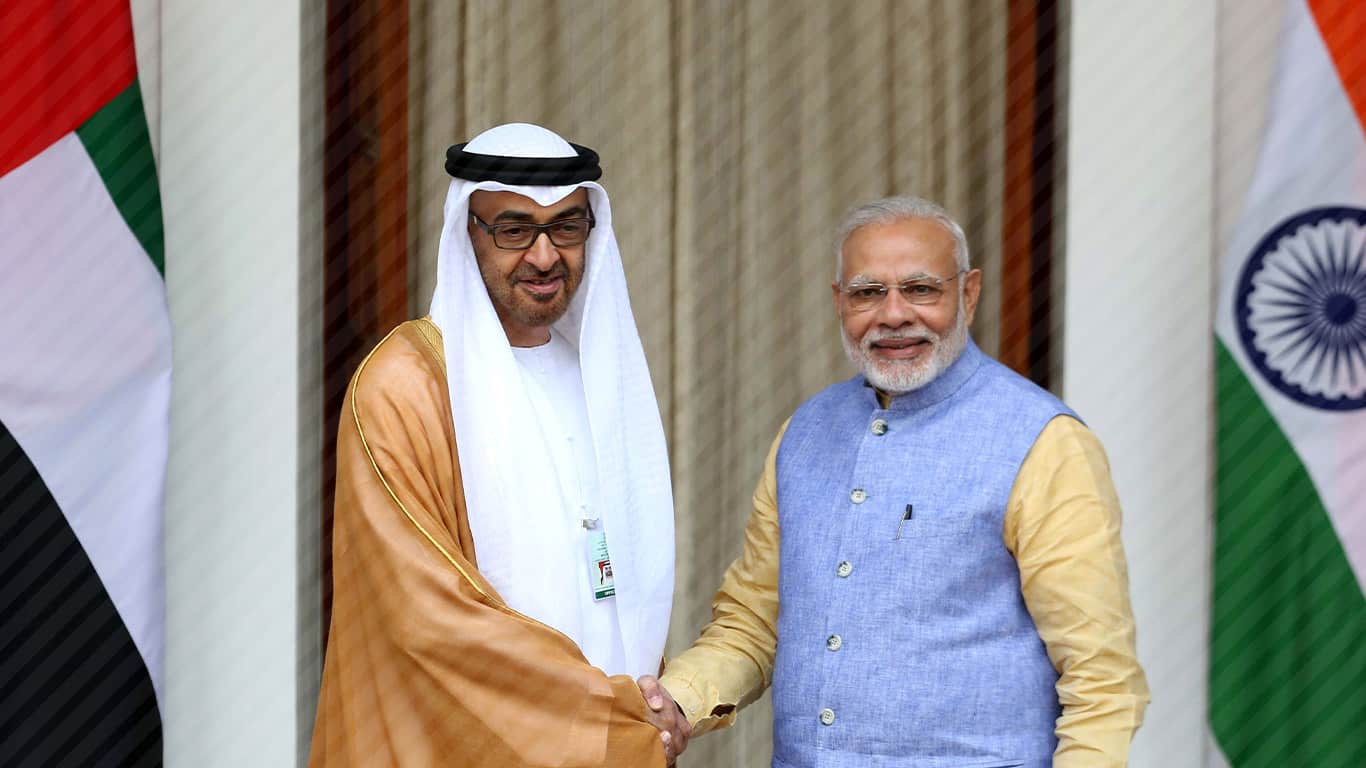Dubai, UAE – Indian officials are concerned about China’s growing influence in the Middle East and how it will impact India’s national interests in the region, an article carried by Middle East Institute says.
“The difference in strategies being employed by India and its partners in the Middle East, including Israel, Saudi Arabia, the UAE, and Iran, poses a challenge regarding how best to cement India’s own national interests with these countries as they engage more with Beijing on issues like foreign policy, security, technology, and defense,” writes the author of the piece Kabir Taneja, a Fellow and the Head of the West Asia Initiative with the Strategic Studies Programme at the Observer Research Foundation. “For example, while Chinese tech companies like Huawei gain a larger footprint in the Middle East, New Delhi has restricted their access to its domestic market, especially where critical infrastructure is involved.”
“China’s role in brokering a deal between Saudi Arabia and Iran to restore diplomatic relations after seven years has raised additional questions about what impact a potentially strong Iran backed by Chinese investments via the long-term strategic partnership between Tehran and Beijing might have on both the Arab powers and Israel alike,” Taneja adds.
The article argues that while Middle Eastern countries, such as Saudi Arabia and the UAE, are looking to play the US and China against each other, India is unable to hedge in the same way.
The deadly border clashes with China in 2020 have turned India’s strategic and security thinking on its head, highlighting that a growing Chinese footprint globally will be detrimental to India’s interests. India’s strategy, the article explains, involves building new institutions, such as the I2U2 grouping, with a focus on geoeconomics and high technology.
The author sees India’s approach toward the Middle East on two fronts: strategic and economic, with both efforts running in parallel.
However, the quandary that faces the Indian policymakers is about how to manage its strategic autonomy in the region, which until now has allowed it to maintain robust relations with all three poles of power – Israel, Iran, and Saudi Arabia – while countering China’s influence.
“China’s presence in the Middle East will be a constant in the future, in no small part because of the designs of the regional powers themselves. While the plan may be to keep the U.S. more engaged in the region, doing so may also provide a cushion for the likes of India to maintain a degree of balance while slowly buying into the premise that countering Chinese influence in areas of interest like the Middle East will require robust collaboration to cover shortfalls in economic and diplomatic capacity,“ the article points out.
“This is already visible as India and the U.S. look beyond the Indo-Pacific and the “Quad” (comprising India, the U.S., Australia, and Japan) for economic cooperation. The Middle East may be the next focus,” it adds..

